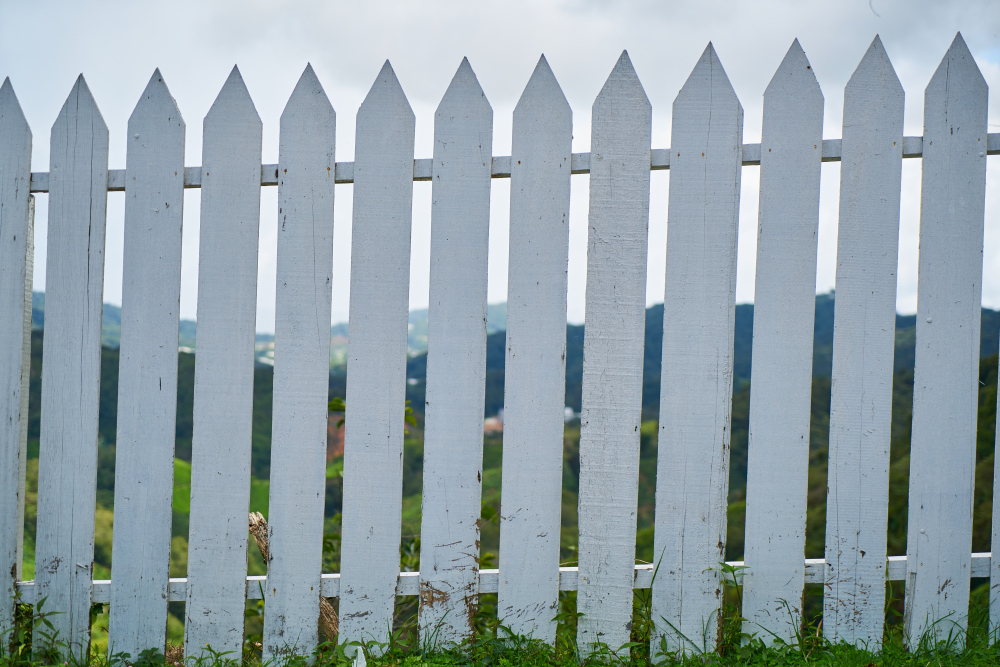
Thinking about repairing or installing a fence in Florida? Whether you're safeguarding your property, enhancing privacy, or simply improving curb appeal, understanding Florida's fence requirements is essential. With specific regulations in cities like Orlando, FL, and across the state, building or maintaining your fence might not be as straightforward as you'd think.
This guide outlines everything you need to know about Florida's fence laws, common mistakes to avoid, and tips for staying compliant. Plus, if you’re stuck with a damaged or outdated fence, we’ll show you how to get expert help with fence repair in Orlando, FL.
Let’s break it all down so you can move forward with confidence.
You might be wondering why fence codes exist at all. They aren’t just about aesthetics or property lines; fence regulations serve several purposes, including:
Ignoring local fence laws can lead to fines, legal challenges, or even the removal of your newly installed (and likely costly) structure!
While every county and city may have specific regulations, here are the most common fencing requirements to consider in Florida.
Residential Areas:
Florida generally limits front yard fences to a height of 4 feet. For backyard fences, the permitted height is usually up to 6 feet.
Some communities, including those in Orlando, FL, might allow taller privacy fences provided special permits are obtained. Be sure to check local zoning laws through city planning offices or homeowner association (HOA) guidelines for any height restrictions in your area.
Commercial Spaces:
For businesses, taller fencing may be allowed to secure property or equipment. Always consult city ordinances or contact professionals to ensure compliance.
Florida's unique environment, with its extreme weather conditions and frequent storms, necessitates durable and weather-resistant fencing materials. Commonly approved materials include:
Some neighborhoods or HOA regulations may prohibit certain materials (like chain links in front yards), so it’s important to confirm permitted materials beforehand.
If you have a swimming pool, Florida law mandates specific fencing to ensure safety, particularly for children.
These laws align with Florida’s Residential Swimming Pool Safety Act and help prevent accidental drownings.
Placing your fence near property lines can be tricky and could even lead to disputes with neighbors. Here’s how to stay on the right side:
Florida law requires property owners to keep fences in good condition. This includes fixing broken boards, addressing leaning posts, or repairing any gaps that may appear over time. If your fence is in disrepair, it’s essential to fix it quickly to avoid HOA warnings or neighborhood complaints.
Living in Orlando means enjoying year-round sunshine, but also dealing with unique challenges that can affect your fence’s durability. Here are some of the common reasons property owners need fence repair in Orlando, FL.
If you notice cracks, mold buildup, bent panels, or missing sections, it’s time to call in a professional. Acting early can save you money and prevent larger structural issues.
Here’s a quick guide to help you stay compliant and get your fence in top shape.
Each city, including Orlando, FL, has its own fence laws based on zoning regulations. Check with your local city council for up-to-date permit requirements and height or material restrictions.
Whether you need fence repair or installation, working with a licensed contractor ensures compliance with legal and safety standards. A professional can also help you identify the best materials for Florida’s weather.
Be sure to select a fence type that meets your practical needs (privacy, aesthetics, security) and complies with zoning.
Most fence projects in Florida don’t move forward without proper permits. Your contractor can often assist by submitting these on your behalf.
Set a schedule for regular maintenance to prolong the life of your fence. Clean it periodically, tighten loose bolts, and repaint or seal wood as needed.
Your fencing decisions are important, not just for curb appeal but also for legal compliance and long-term durability. Following Florida’s fence requirements helps you avoid complications while creating a structure that enhances your property’s value.
Feeling overwhelmed? Don’t worry—we’re here to help. At Wulff Fence, we specialize in fence repair in Orlando, FL, and beyond. From selecting the perfect material to ensuring your fence complies with local laws, we’ve got you covered.
If your fence needs repairs or you’re planning a new installation, contact Wulff Fence today for a free estimate. Our team of experts will guide you every step of the way to ensure a hassle-free experience.